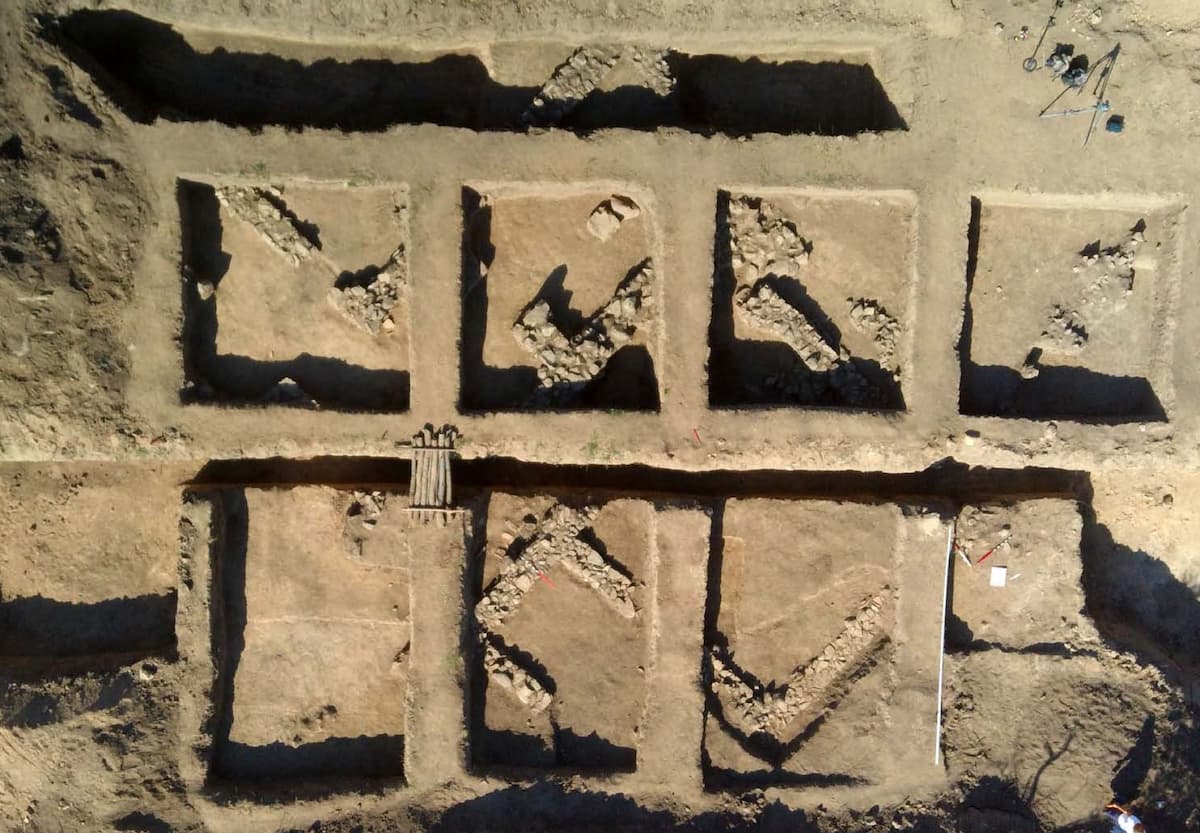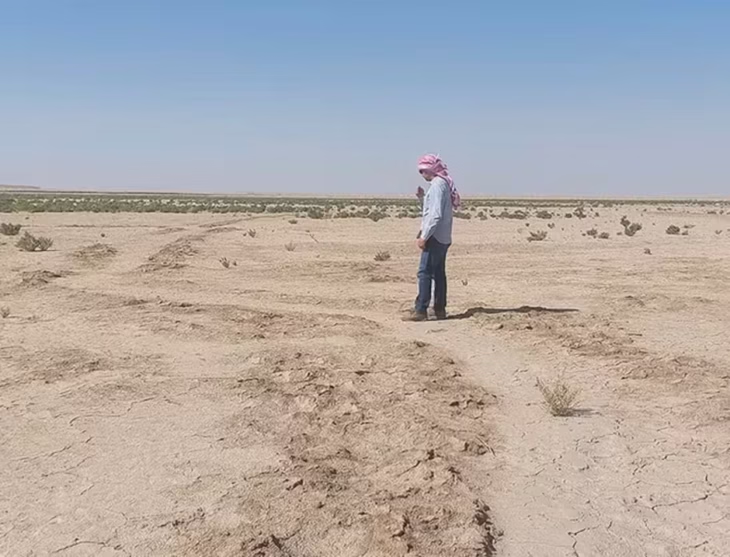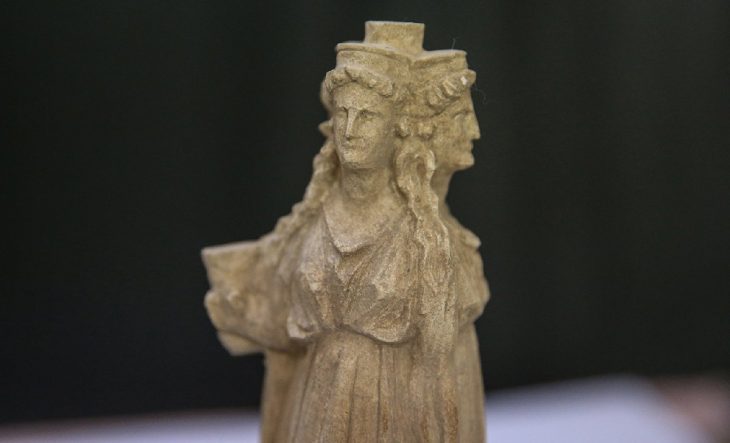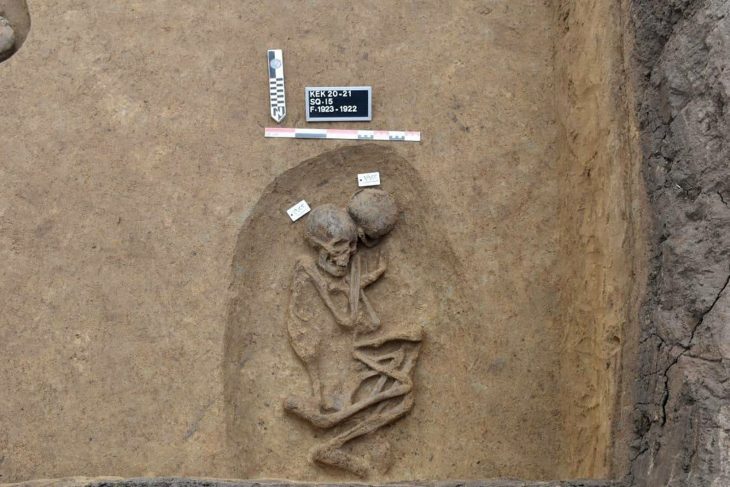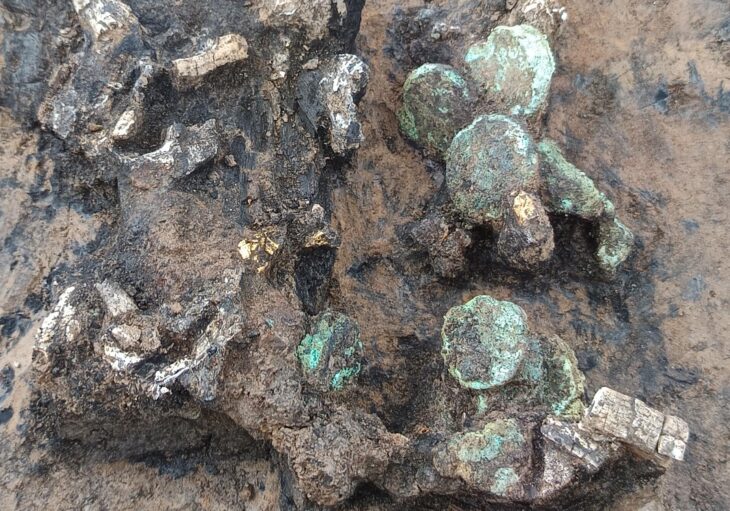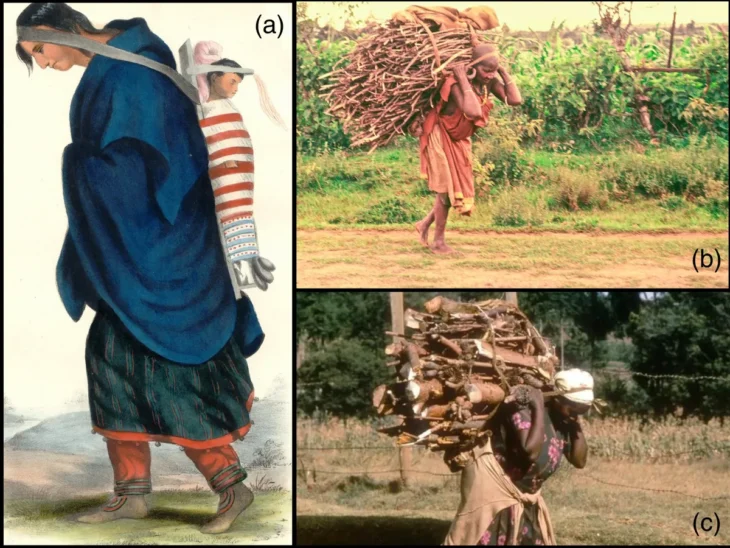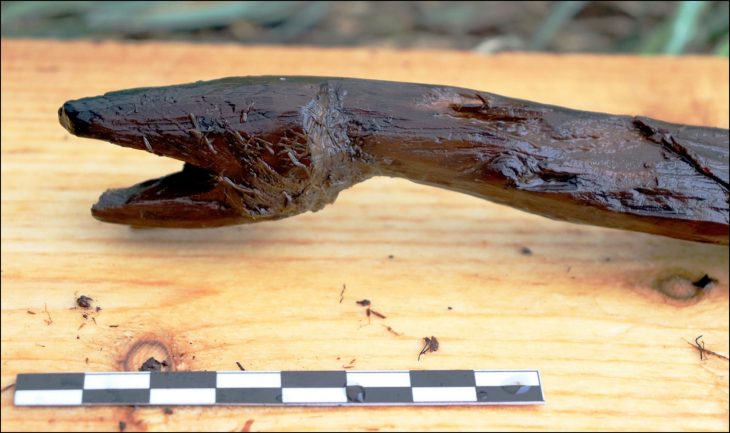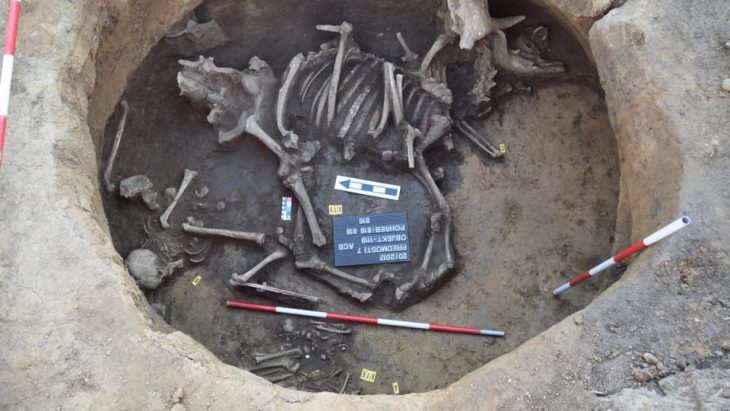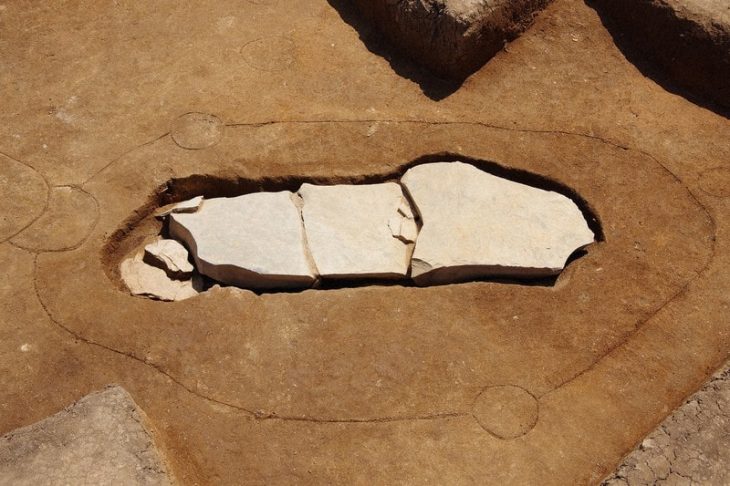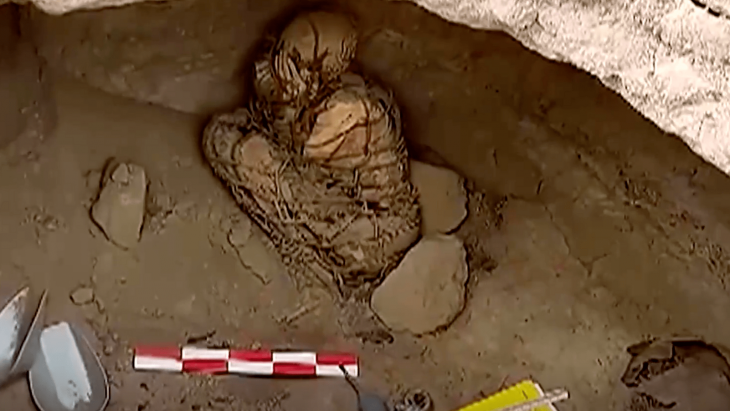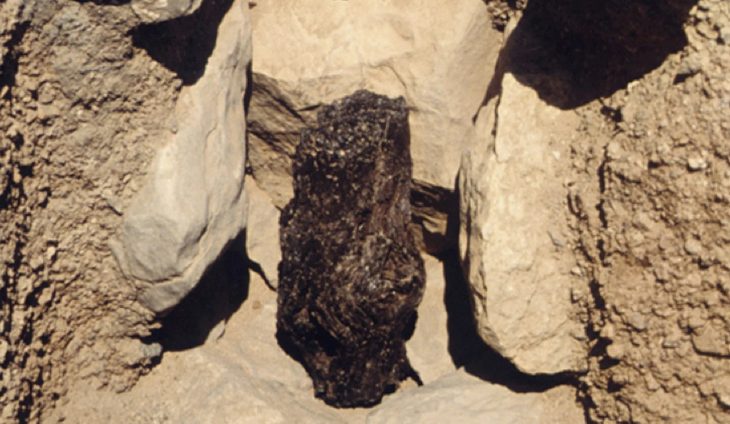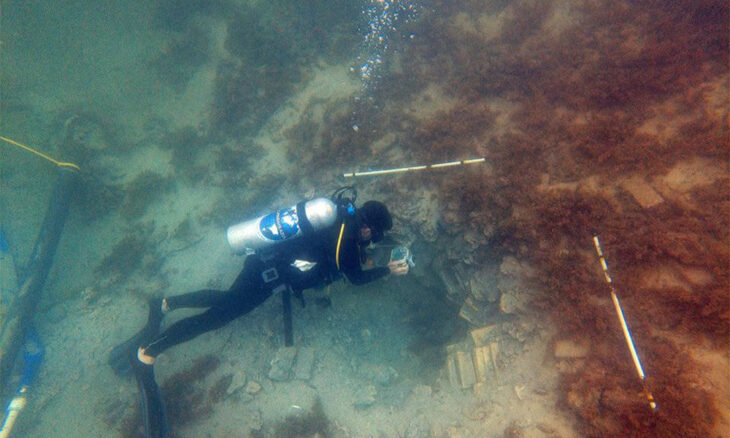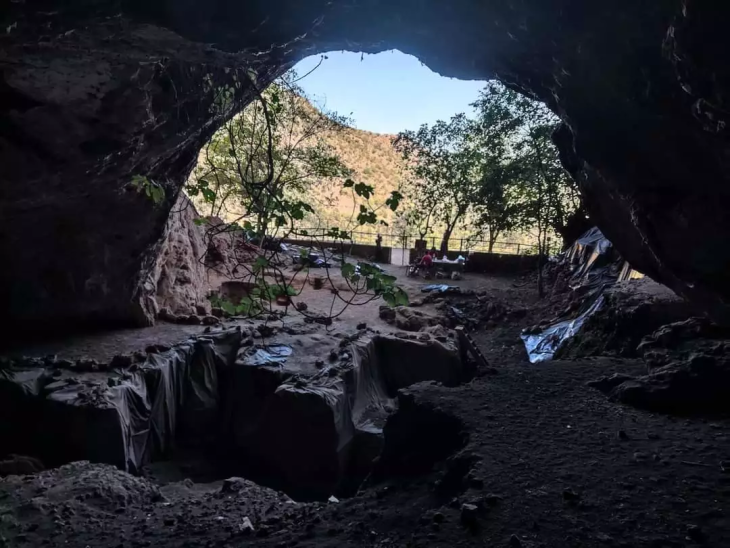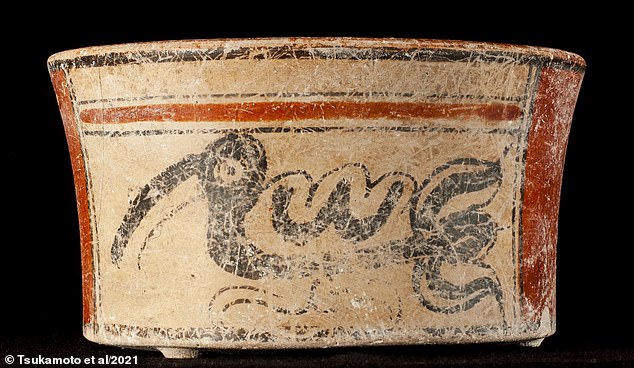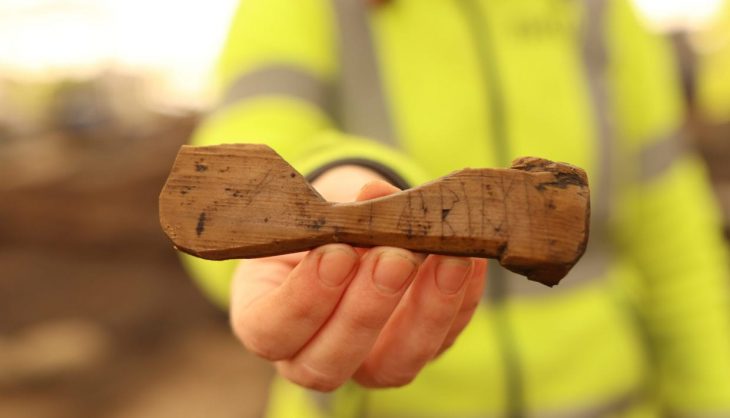In a remarkable turn of events, a team of archaeologists conducting preliminary excavations ahead of a transit gas pipeline project near the village of Borimechkovo in the Pazardzhik region of Bulgaria uncovered the remains of a Late Roman period settlement, which had been unexpectedly revealed and showed signs of having been partially ravaged by fire.
This unexpected discovery, located in the western Sredna Gora mountains, spans an impressive 4,400 square meters and has been detailed in a recent study published in the Bulgarian Journal of Archaeology.
The excavation, led by a team of archaeologists, revealed a treasure trove of artifacts, including ancient pottery shards, coins, and other remnants of life from the late Roman period, dating back over 1,500 years. Among the structures unearthed were two buildings, constructed from mud bricks interspersed with medium-sized stones. One of these structures measured approximately 30 feet (9 m)in length and featured at least three rooms, while the other comprised two sections.
The study highlights the potential reasons behind the settlement’s abrupt end. “Analysis revealed a single-layer settlement dating from the late Roman period, ending abruptly with a fire dated no earlier than 347 A.D. based on coin evidence,” the authors noted. This devastating fire may have been linked to the Gothic Wars, during which the Thrace province frequently faced barbarian raids. The evidence suggests that the settlement was abandoned and never rebuilt after the fire.
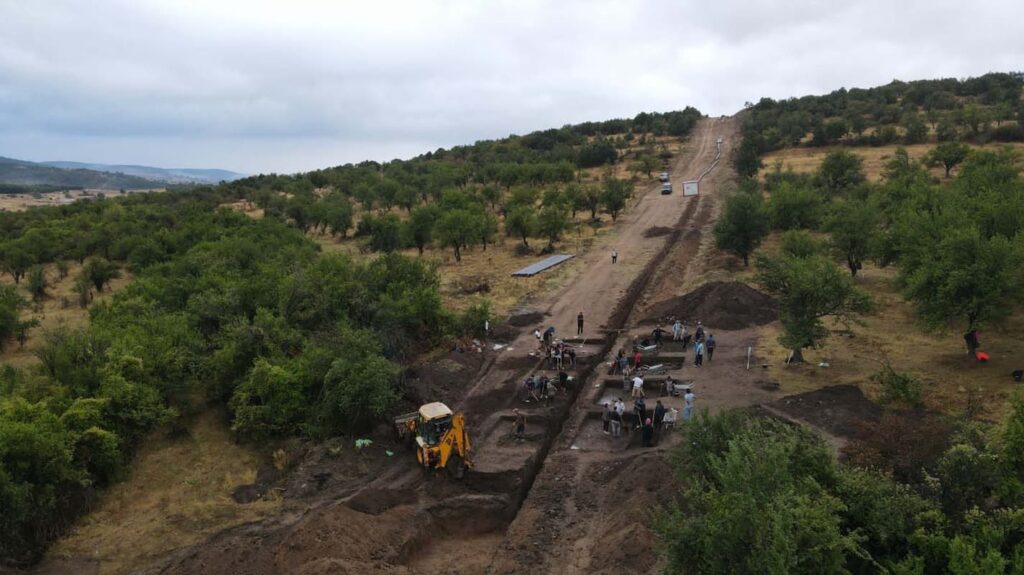
Coins discovered at the site established a chronological framework for the settlement’s history, revealing that the latest coins were minted during the reign of Constantius II (347-355 A.D.). Notably, a deposit of six silver coins dating back to 249 A.D. was found closer to the surface, suggesting later disturbances likely caused by agricultural activities.
📣 Our WhatsApp channel is now LIVE! Stay up-to-date with the latest news and updates, just click here to follow us on WhatsApp and never miss a thing!!
Additionally, a collection of silver coins from the 3rd century A.D., including those minted under Empress Julia Soaemias and other prominent figures, was uncovered, with the most recent coin also dating to 249 A.D. This timing hints at the settlement’s potential abandonment shortly thereafter, likely due to the barbarian invasions that ravaged Thrace. Furthermore, coins from the fifth century indicate a continuity of settlement both before and after the mid-fourth century fire, highlighting the site’s long-term significance in late Roman Thrace.
The findings, described as “limited but varied,” included arrowheads, buckles, jewelry, sewing needles, knives, rings, chains, and a plethora of ceramic items for domestic use, such as jugs, cups, bowls, and storage vessels. The presence of storage jars, partially buried to preserve food, along with a mix of cast iron and jewelry, indicates that the settlement was likely engaged in trade. The Roman influence on pottery design reflects a broader cultural narrative, with handmade ceramics showing continuity with traditional Thracian styles.
The ceramics recovered from the site confirm the influence of Roman culture, with fragments of domestic vessels and plates featuring the characteristic red slip of Roman production. Additionally, the presence of cast iron fragments suggests involvement in metallurgical activities.
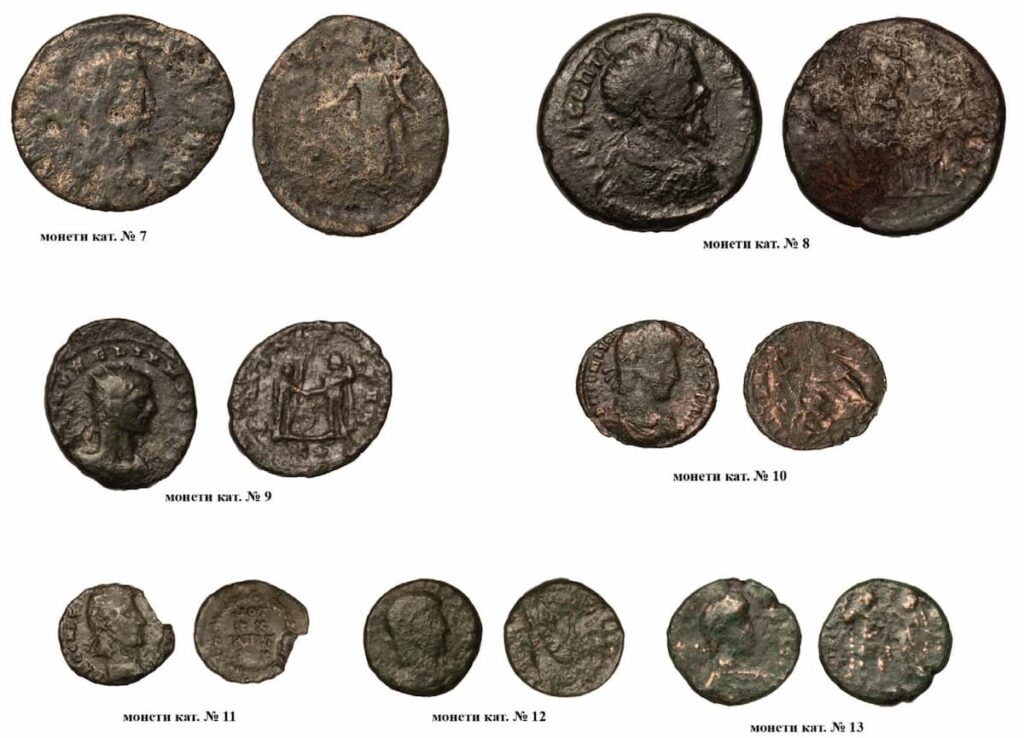
These discoveries not only shed light on the organization of rural settlements in Thrace during the Late Roman period but also emphasize the urgent need to protect Bulgaria’s archaeological heritage. As urban development and modern infrastructure expansion threaten many historically significant areas, archaeologists are eager to utilize new technologies, such as geochemical analysis and remote sensing, to uncover more secrets of the region’s Roman past.
Alexandrova, S (2025), Archaeological excavations of a Late Roman settlement near the village of Borimechkovo, Lesichovo Municipality, Pazardzhik Region. Bulgarian e-Journal of Archaeology Supplements 12.
Cover Image Credit: General view of the uncovered buildings. Credit: Sirma Alexandrova

